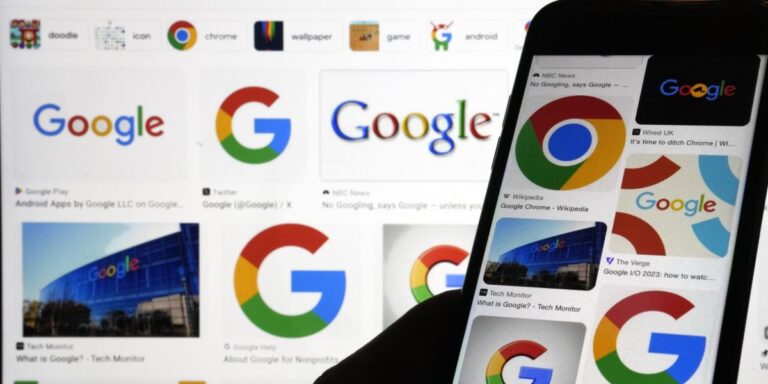
Google will combine the software division responsible for Android mobile software and the Chrome browser with the hardware division known for Pixel smartphones and Fitbit wearables, the company announced Thursday. This is part of a larger plan to integrate artificial intelligence more widely throughout the company.
In a letter to employeesCEO of Google Sundar Pichai said the changes will “turbocharge the Android and Chrome ecosystems” while helping to drive innovation.
The move will place both operations under the supervision of Rick Osterloh, a Google executive who previously oversaw the company’s hardware group. Not long ago, Google isolated Android development from the hardware division, saying it wanted to avoid giving its phone designers an unfair advantage over other major smartphone makers that used Android, notably Samsung and Motorola, as well as Chinese companies like Oppo and Xiaomi.
Then, a few years ago, Google began positioning the Pixel as a flagship product to demonstrate what AI could accomplish and leaned heavily into developing features that could demonstrate its potential. This meant greater integration of AI hardware and software to power these features on mobile devices.
In a interview with The Verge, a technology publication, Osterloh noted that AI is the main reason Google’s consumer hardware and software engineers are together. He argued that phone technology is already increasingly dependent on AI, citing the development of the Pixel camera, which among other things uses this technology for features to improve night photos or choose automatically selects the best of several close-up shots.
Combining the teams, Osterloh added, is a way for Google to move even faster in integrating AI into its features. Designing the Pixel camera several years ago, he said in the interview, required deep knowledge not only of the complex hardware and software systems involved, but also of the early AI models then used for processing. of the image.
“This hardware-software-AI integration really showed how AI could totally transform the user experience,” Osterloh said. “It was important. And it’s even more true today.
“What Google is now starting to do is adapt its core AI innovation drivers,” said Chirag Dekate, an analyst at Gartner. “Google wants to dominate AI, the pinnacle of the emerging AI economy, on both the consumer and enterprise sides, essentially by bringing AI everywhere and connecting it.”
Meanwhile, the head of Google’s software division, Hiroshi Lockheimer, finds himself without a title and, according to Pichai’s letter, will launch other unnamed projects. Lockheimer joined Osterloh for the Verge interview, however, and both men insisted the changes were not the result of a power struggle.
Google is also reorganizing its AI research and accountability groups, although these changes generally won’t directly affect consumer products — at least not yet.


